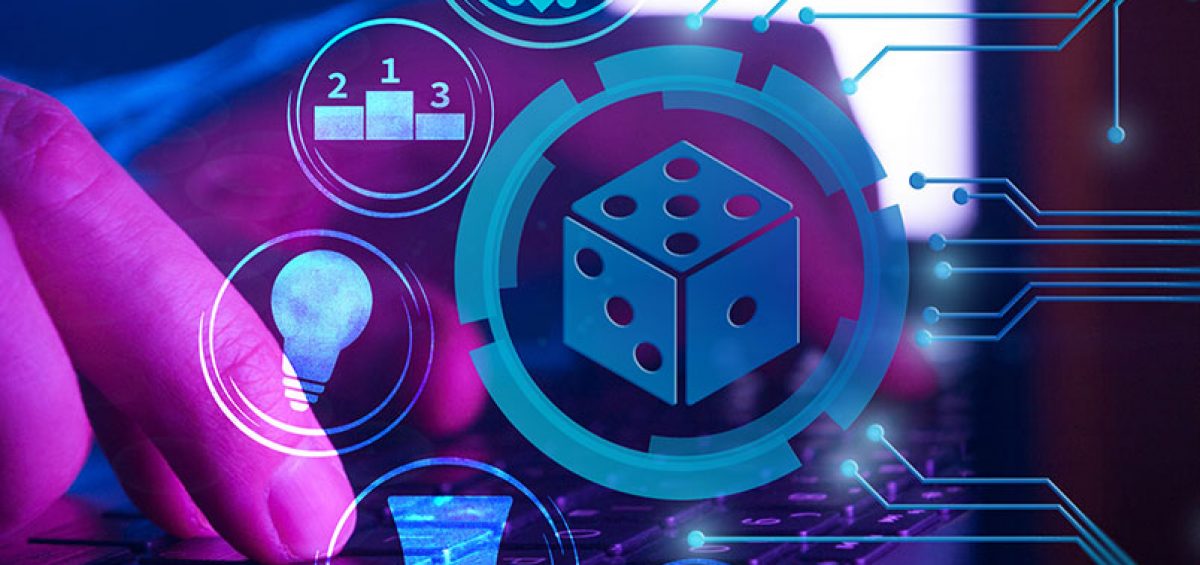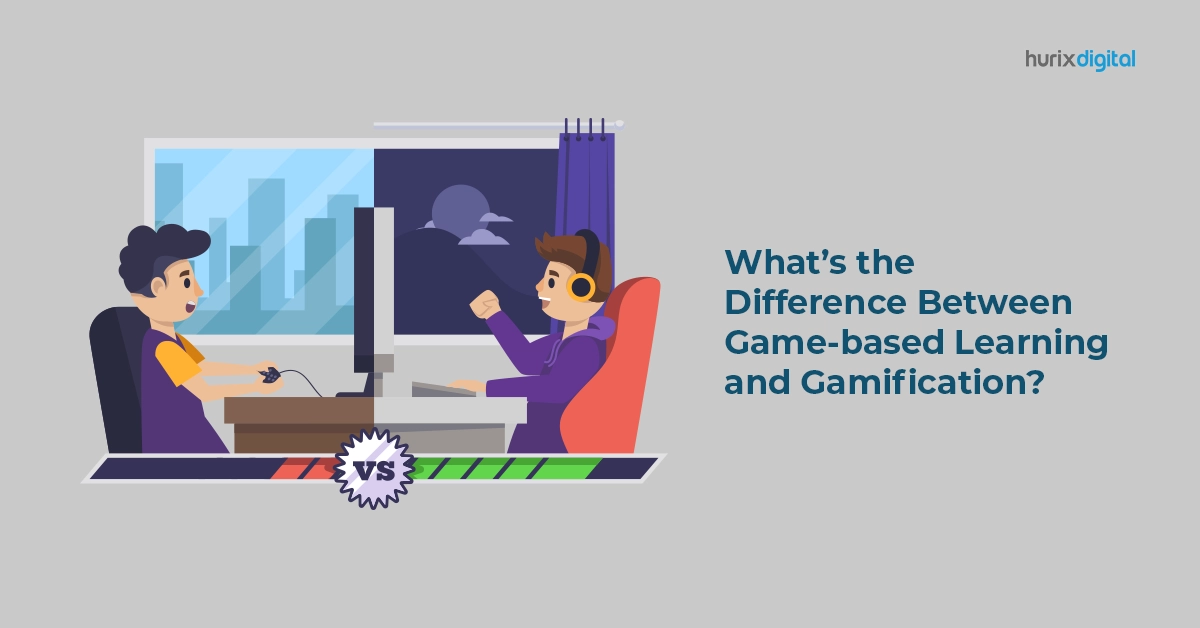Game-based learning solutions have the potential to elevate the quality and impact of learning.
As children, we loved playing games. After all, games challenged us to be creative, build skills, and collaborate with peers. Moreover, the engagement factor in games enabled us to learn and develop diverse cognitive skills.
Now, imagine if we continued playing games as adults in the quest of learning new skills and building knowledge…
We still can!
Studies show that game-based learning solutions accelerate the pace at which we understand new concepts. For instance, many learners struggle when studying math concepts.
However, when math is taught through game-based learning solutions, pupils are more motivated to learn. This approach positively impacts their understanding and retention of concepts.
To survive and thrive in a digitally-dynamic, hybrid, or remote model workplace, professionals need to be able to continually learn, upskill, and upgrade their knowledge to stay relevant.
Learning gaps greatly reduce productivity, which in turn, impacts the revenue and profitability of businesses. They also demotivate employees and trigger higher attrition levels.
Here’s a look at how game-based learning solutions can motivate employees to keep learning, absorb new skills faster, and retain knowledge, raising productivity to new heights.
1. Builds an Immersive Experience
Online games have long captured the imagination of gamers because they allow them to enter a new world of surprises, challenges, treatures, and adventures for the duration of the game.
Adapting the same approach to workplace learning via game-based learning solutions has shown the potential for quicker learning outcomes and higher motivation in workforces to learn.
The learner becomes an essential part of the game and is engaged through the adage – learning by doing.
2. Encourages Problem-Solving
Companies need to continually solve problems to have a competitive edge in the markets they serve. Workforces that have problem-solving acumen can stay ahead of the curve.
Game-based learning solutions proactively encourage players to put on their problem-solving hats and rise to any problem-solving challenge. They offer both challenges and rewards, making the journey fulfilling and rewarding.
3. Makes It Collaborative
Today, professionals need to collaborate with teammates around the world.
They might speak different languages and come from various ethnicities and cultures. They may be from different age groups. It may be harder to bond and inculcate team spirit over a formal meeting via video conference.
However, everyone loves to play! Being part of the same team for an online game can bring workforces together and solve problems as a team. Game-based learning solutions thus encourage collaboration by design.
4. Makes Learning Fun with Puzzles!
As kids, we loved solving puzzles. The mystery, suspense, and challenge made it exciting. It also enabled us to show off our knowledge and cognitive abilities.
Puzzles are a great tool for learning at work, too. They can test our knowledge and skills and challenge us to bring our best out-of-the-box thinking to the table.
5. Builds Multiple Skills
With automation taking over several tasks, professionals will be expected to learn multiple new skills and excel at them.
Game-based learning solutions facilitate learners to build and hone multiple skills – from communication and coding to product management and data analytics.
6. Provides Instant Feedback
Another reason learners love game-based learning solutions is that they receive instant feedback for their performance. Feedback can be in the form of points, scores, powers, or rewards, which motivates learners to go back and try to improve their performance.
7. Encourages Self-Learning
Self-learning is a valuable practice in a fast-moving business world, where the time frame to respond to a client query or to take a product to market has greatly reduced.
Game-based learning solutions encourage team members to be self-reliant and invested in self-learning. The experience of playing a game as an individual player enables this approach to problem-solving as well, which is as important as being a team player.
8. Enables Tracking Learner Performance and Success
Learning platforms offering game-based learning solutions enable admins and managers to track the performance of their team members.
Access to data and actionable analytics empowers managers to understand how teams are collaborating. They can also track learners’ performance on an individual level and identify learning needs more accurately.
9. Delivers Higher Return on Investment
The cost of hiring instructors or paying for external learning programs for team members is an expensive proposition. It is also not as effective as game-based learning solutions.
Hence, more organizations are investing in building customized learning systems that engage learners and inspire them to keep learning and upgrading their skills.
The Takeaway
Game-based learning solutions ignite our childlike love for games with a strategic approach to learning skills and building knowledge. This creates a meaningful experience for learners while also building measurability into the experience for organizations.
Learning tools can include situational judgment scenarios, puzzles, problem-solving games, strategic games, and challenge-based games. The aim is to trigger a creative approach to problem-solving, inspire innovation, and build a collaboration mindset in teams.
For businesses, adopting a game-based learning solution can be a highly cost-effective way for their workforce to build skills, learn how to collaborate, and stay motivated at work.
If your company needs support reimagining your workforce learning systems, Hurix Digital can build a comprehensive, customized learning solution tailored to your workforce’s needs. Connect with us to start a conversation.











